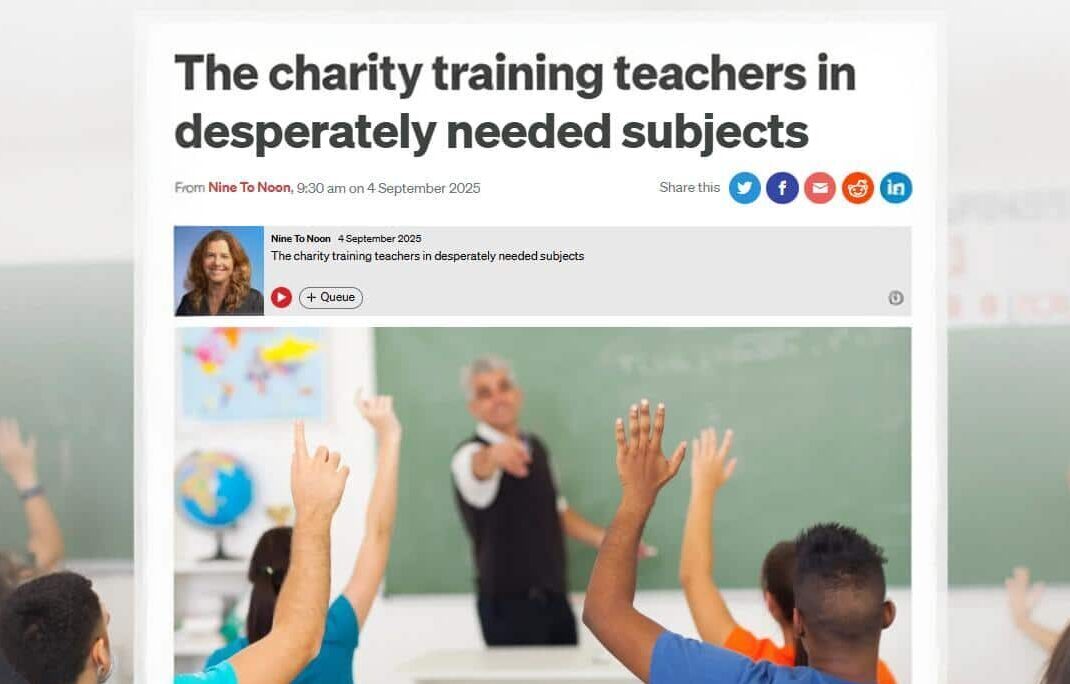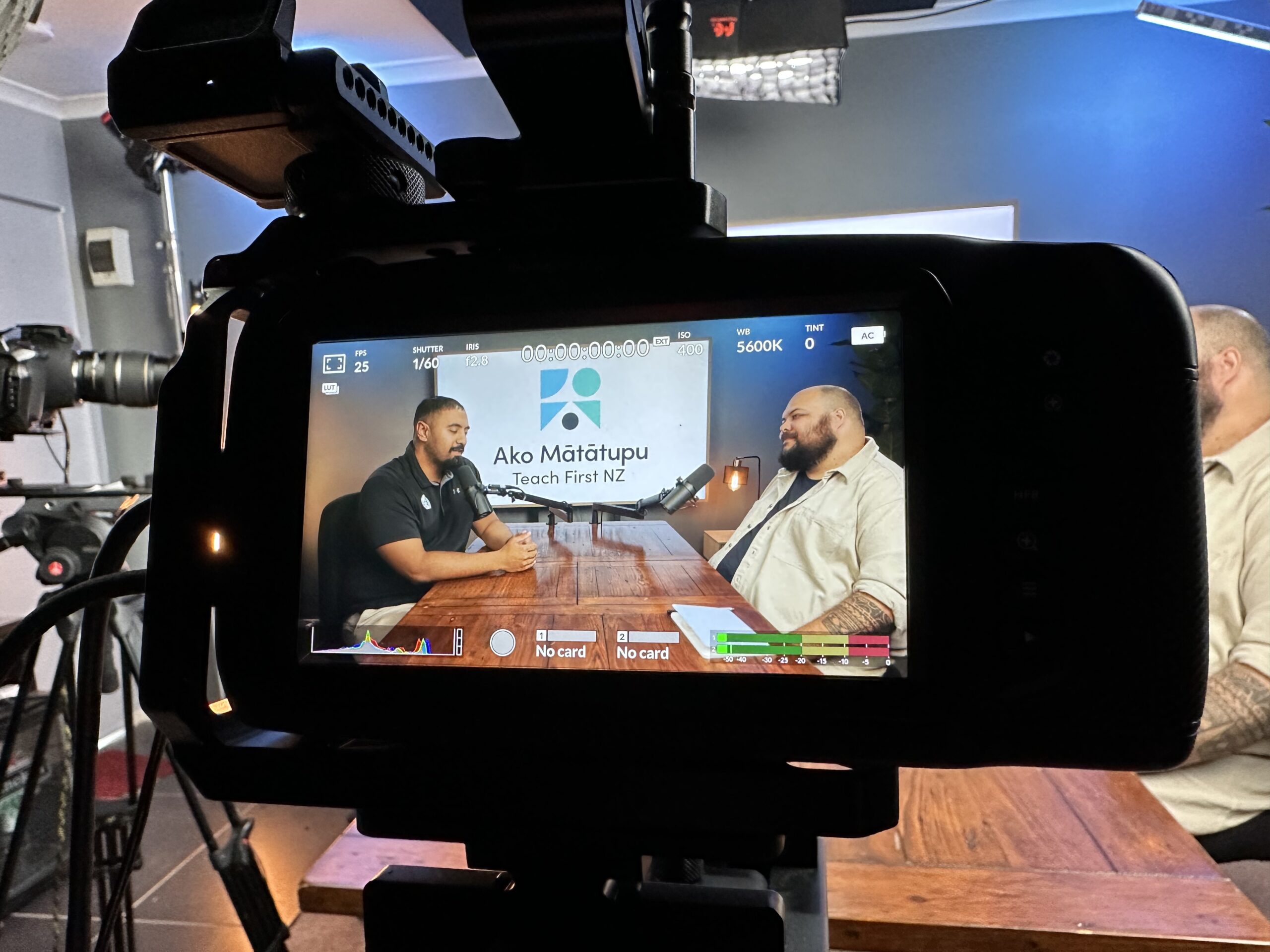Teach First NZ chief executive Jay Allnutt argues that it is not the route you take to qualify as a teacher that matters, but about the difference you make for children.
Last week the government announced significant new investment in teacher education to address the considerable, and scary, shortfall in the supply of teachers for New Zealand schools.
Since 2010, enrolments in teacher education have fallen by 40%, whilst demographic change means that the school-age population is growing. This is the double-edged problem that means that at the start of the 2019 academic year many principals reported that they were still seeking to appoint teachers even as their students returned to school.
Quite apart from the quantity of teachers that are required to ensure that there are a sufficient number to maintain student-teacher ratios, evidence shows that New Zealand faces a crisis of equity in education – with kids from low-income backgrounds, who are Māori or Pasifika, or who have special educational needs very likely, on average, to achieve below their peers.
We know that the resulting educational inequality has knock-on effects for those children’s entire lives; in employment, health, life chances etc. For many it will likely replicate the inequity that their parents and grandparents faced, and it will perpetuate, possibly exacerbate, the likelihood that their own children will encounter inequity throughout their own lives.
And by inequity what I mean is unfairness: ways in which the education that some children receive is affected by things that lie beyond their control – such as the income of their families, their ethnicity, their worldview, or where they happen to live.
At the very least, we need to ensure that there are a sufficient number of teachers in the education system to serve all children. To achieve that, and to address the falling away of interest in teacher education, we can provide a range of pathways to teaching which will appeal to new and different groups of people who would otherwise not, or not be able to, access teaching as a career.
One way of doing this, complementing university-based pathways, is through employment-based teacher education, which allows people to work and draw a salary whilst completing their teacher registration. This means that those who wouldn’t or couldn’t afford to take a year out of work to study can access the profession; people who often themselves live on low-incomes.
This can increase the total pipeline of people entering teacher education, which is of benefit to all pathways of teacher education. Last year for instance, the Teach First NZ employment-based teacher education programme attracted 840 applications. We accepted 80, and encouraged 300 others to apply to a different, university-based teacher education programme. Two thirds of those we interviewed told us that they had not previously considered applying to train or work as a teacher.
Beyond this, employment-based pathways, whilst different from traditional, campus-based teacher education, can provide other benefits. One of these is the role that schools can play in developing new entrants to the profession. Developing this capacity within schools, as inductors and nurturers of early careers teachers, and learned through working with employment-based trainee teachers, can help to address not just supply but also retention issues. It requires investment by the school, but for more experienced teachers, the opportunity to work with new teachers can be a welcome and important way in which to develop, alongside professional teacher educators.
Another benefit is the close integration of theory and practice for the trainee teacher who is employed in a school as they gain registration. Different types of teacher education programmes approach this conundrum of how best to help new teachers understand how complicated theory about, for instance, child development, learning, social justice etc., are relevant in the intense site of learning – their classroom. University-based programmes do this through extended ‘practicum’ with student teachers leading an experienced teacher’s class for a period of time. In employment-based models, the trainee teacher is supported to continually apply this theory and research, with ongoing in-school and external support, in their own classroom.
Employment-based teacher education is not for everyone. I learned to teach in this way and I can speak to the intensity of the experience to balance the needs of both yourself and your students as learners. But I can also attest to the richness of my learning experience, and to what I hear from the many others I know who learned to teach in this way.
Employment-based teacher education requires a number of factors to ensure that it works to develop and support outstanding classroom teachers effectively. This includes: significant in-school and external support, a reduced teaching timetable, purposive integration of theory with practice, intensive pre-service preparation, and the recruitment and selection of the right people, who will embrace and thrive in this type of learning experience.
I have been privileged in my career to work alongside many outstanding teachers who learned to teach through both university and employment-based pathways. For me this reinforces that it’s not the route you take to qualify as a teacher, but about the difference you make for children.



